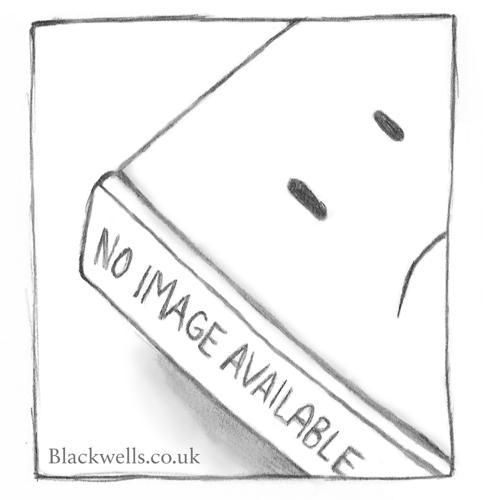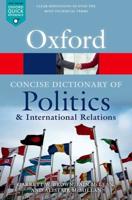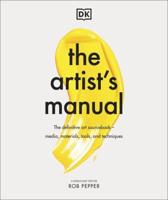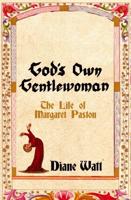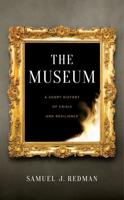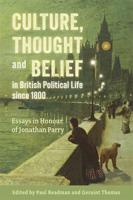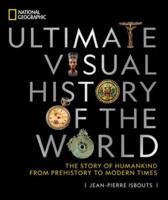Publisher's Synopsis
Transatlantic in scope and interdisciplinary in approach, this volume works to restore both a radical edge and a new specificity to the much-debated definitions of Puritans and Puritanism. Ranging from the 1622 election of a new master at Emmanuel College, Cambridge, to Oliver Cromwell's self-fashioning, to uses of the Turk in anti-Puritan polemic, to Anne Hutchinson and the Antinomian crisis, the ten essays offer a richly detailed account of the intersection of religion, politics, and culture in England and America in the seventeenth century and beyond. Each essay shows how a dynamic and shifting Puritanism is constructed in and through conflict, and how a radical impulse to discontent is part of Puritan self-identity. Such work also counters the longstanding and still popular notion of Puritanism as, like Freud's civilization, a repressive and monolithic entity, obsessed with guilt and generating neuroses. Rather, the essays show that discontents are not simply a response to Puritans but an integral part of the definition of Puritanism itself.
